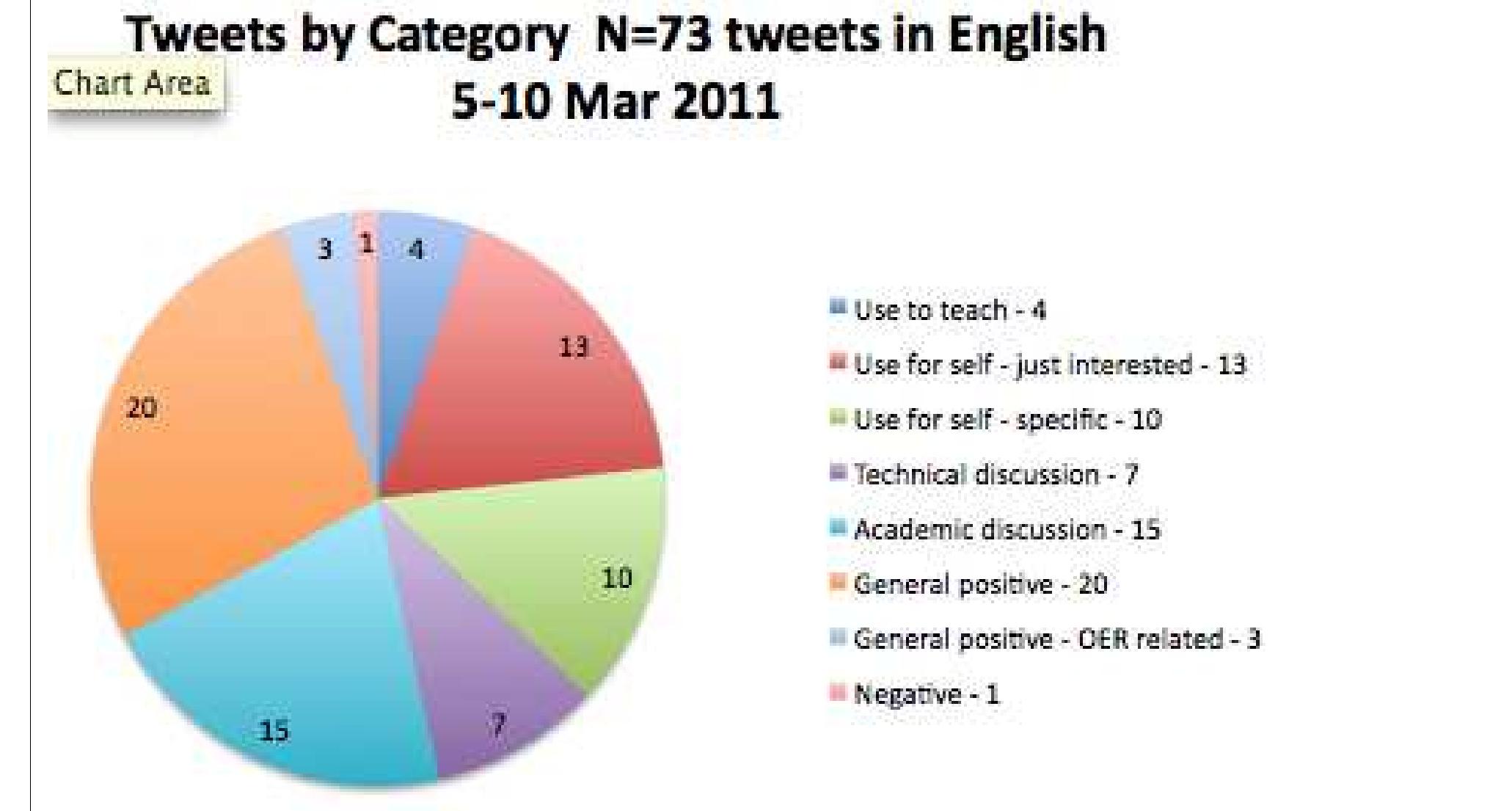Key research themes
1. How can the historical practices and features of traditional books inform and enhance the digital ebook design process in tools like iBooks Author?
This research theme investigates how knowledge of historical book forms, reading behaviors, and annotation practices can provide actionable design insights for improving digital ebooks. The goal is to leverage affordances from the history of print culture, counterintuitive constraints, and reader interactions that have been diminished or lost, to enrich the interactivity and functionality of ebooks developed via platforms such as iBooks Author. It matters because current ebook design often leans heavily on surface features or purely digital affordances rather than grounding innovation in well-established reading traditions. Integrating deep historical understanding can lead to richer, more reader-centered ebook experiences.
2. What are the established ethical and practical criteria for authorship attribution and how do they shape the practice of scientific and scholarly publishing?
This theme focusses on authorship determination policies, common misconceptions, and ethical considerations critical in scientific publication and academia. It matters because clear, standardized authorship criteria underpin intellectual responsibility, prevent inappropriate credit attribution, and maintain research integrity. The exploration of guidelines such as those by ICMJE and the analysis of phenomena such as gift, guest, and ghost authorships provide actionable frameworks for institutions and authors to evaluate and assign authorship correctly.
3. How do theoretical and practical perspectives on authorship evolve across disciplines including literary studies, media, and scholarly communication in the digital era?
The theme surveys diverse conceptualizations of authorship from literary theory to digital publishing, examining shifting notions of the 'author' as a social, cultural, and technological construct. It assesses how digital media, collaborative production, open access, and intellectual property debates redefine authorial identity and agency. This matters for understanding authorship beyond individual creativity towards recognizing multi-faceted, networked, and politically embedded authorship, influencing future publishing and academic scholarship.

